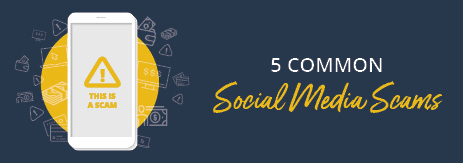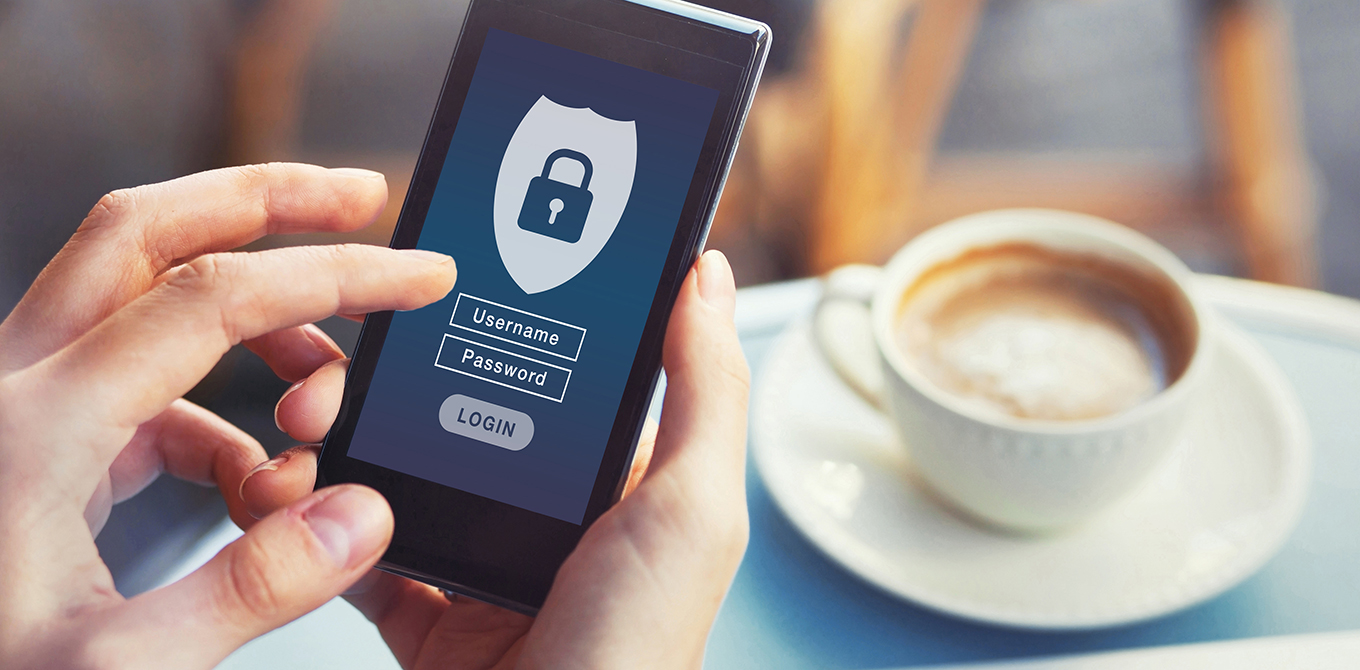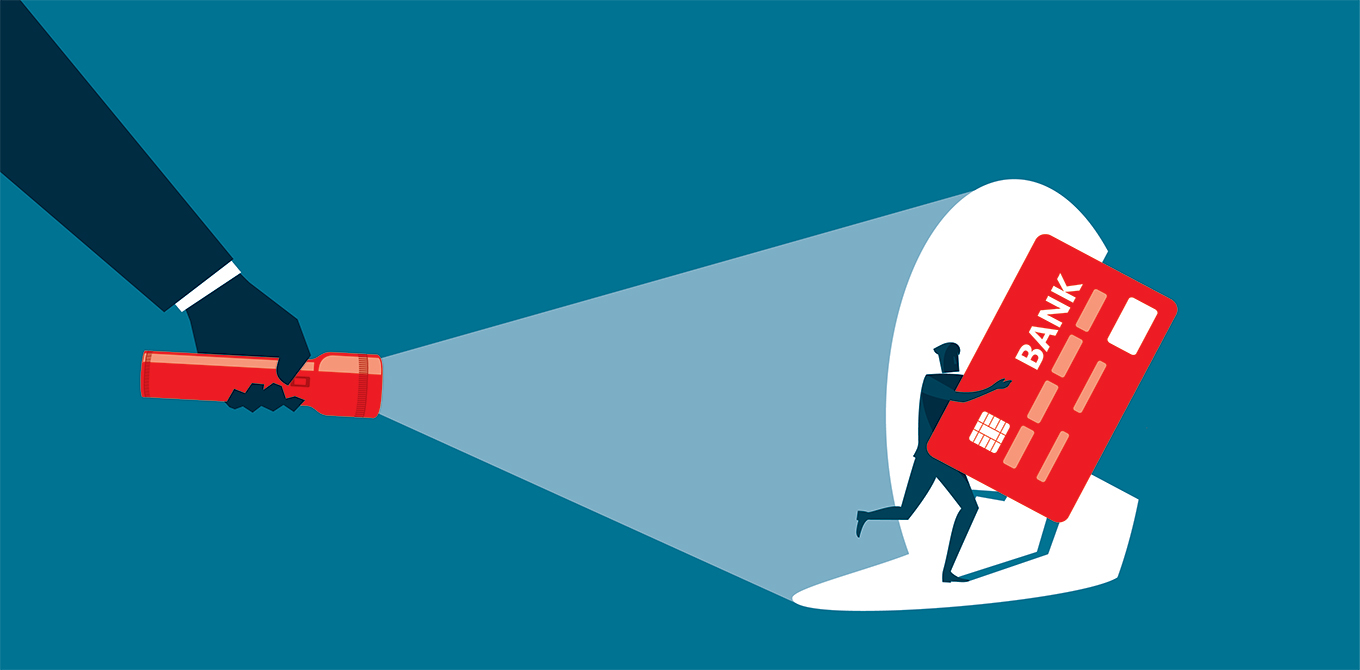5 Common Social Media Scams
Next time you scroll through Facebook or other social media platforms, don't be too quick to click on a message or ad offering financial assistance, a great deal, or even a shot at romance. If you do, you might be inviting a scammer to steal your identity or exploit you financially.
The amount of money consumers have reported losing to fraud that originated on social media platforms has skyrocketed since 2017. In 2022 alone, consumers reported losing more than $1.2 billion to fraud that started on social media, more than any other contact method, according to the Federal Trade Commission (FTC). In fact, scams initiated on social media more than tripled in 2020, as people spent more time at home due to the COVID-19 pandemic.
Here are five of the most common social media scams and how to avoid them.
"Fun" Quizzes
A Facebook quiz to determine "Which dog breed are you?" seems like harmless fun. However, by taking the quiz, you could be inviting a hacker to download malware onto your computer or other devices. You could also be handing over sensitive information that can be used to steal your identity, according to the Better Business Bureau. The organization also advises to resist the urge to take these social media quizzes and to remove personal details like phone number and home address from your social media profile.
Sellers That Fail to Deliver
Nearly one in four reports to the FTC about e-commerce sites that never delivered the goods started with a "social media hook," according to the FTC. Before making a purchase related to an ad or post on social media, check out the company first. Type the name of the company into a search engine along with the words "scam" or "complaint." Read online reviews, including those at the Better Business Bureau (BBB).
Fake Messages from Hijacked Profiles
Social media scammers often pose as someone else to gain your trust. It's easy for someone to create a phony profile or pretend to be someone you know; it's even possible for them to hijack a real account and use it to contact you. If you get a message from a friend on social media asking for money or another suspicious request, don't respond. Instead, call your friend and ask if they really sent the message. If they didn't, let that person know their account may have been hacked.
Romance Scams
Romance scams that bloom on social media are also on the rise. Often, the scam starts with a "friend request" or message out of the blue. Eventually, the scammer asks for money, maybe for a phone card, or help to cover a "medical emergency."
If you have a new online love interest that originated outside of a dating app, the FTC advises that you should tell someone you trust to ask their opinion about the situation. Take things slowly and ask questions, listening for consistent answers. If your new love asks for money, halt the relationship immediately and block the person from your social media accounts.
Offers for Financial Relief
Another scam making the rounds is using social media messages to offer "grant money," get-rich schemes, or other "giveaways." In fact, these scams are so prevalent that TikTok was the first social media platform to change its community guidelines in December 2020 to include a ban on posts about get-rich-quick and multi-level marketing "Ponzi" schemes.
Don't fall for false promises of easy money. If you receive such a message, the scammer is not trying to give you money but rather get money and information from you.
Scammers and con artists continue to get more and more creative in their approaches to taking what's not theirs. Stay ahead of the game by using social media wisely and with a healthy dose of skepticism.





